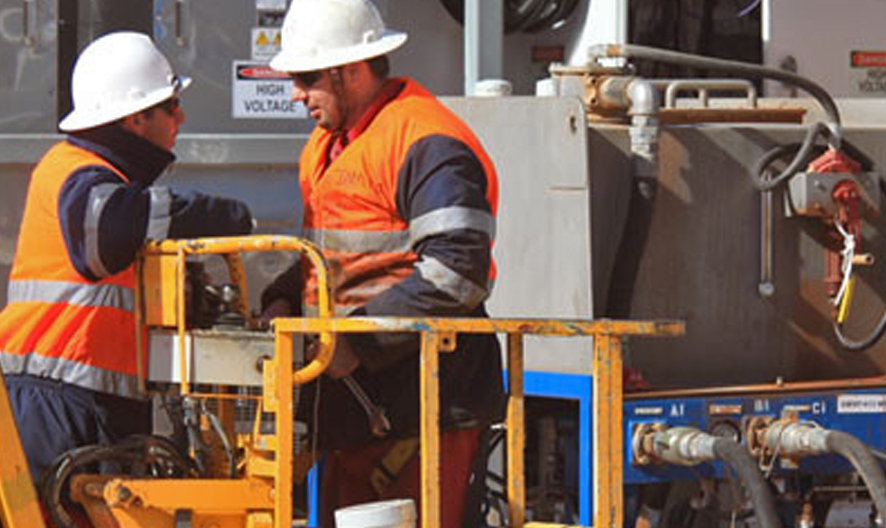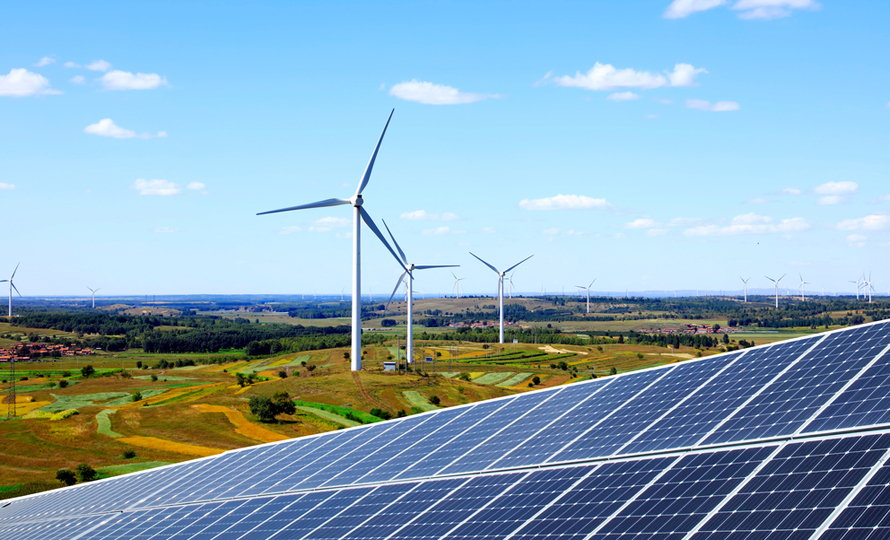
Australians with rooftop solar are being called to participate in a groundbreaking research project that could transform how communities share and access clean energy.
The Virtual Energy Network (VEN) study, led by Deakin Business School, is the nation’s first large-scale trial of peer-to-peer energy trading, enabling households and small businesses to sell excess solar or battery-stored power directly to others seeking greener, more affordable electricity.
“This is a potential game changer for how we share renewable energy,” said Dr Andrea La Nauze, lead researcher and energy economist at Deakin University.
“It’s about empowering people with solar to decide where their surplus power goes and how much they charge for it, while giving more Australians access to clean energy — even if they can’t install panels themselves.”
The trial is now recruiting 400 participants nationwide, including individuals and community groups, to join an online platform where energy sellers and buyers can connect based on pricing preferences.
Participants do not need to live in the same suburb or even the same state, but must use the same energy retailer.
Sellers could range from individual households and small businesses to larger operations with multiple properties.
For example, families could share their excess solar power with relatives to help ease cost-of-living pressures.
Buyers, meanwhile, stand to benefit from power that is typically cheaper than standard electricity rates, while supporting the broader use of local renewable energy.
The VEN is underpinned by Energy Locals, with trading managed via Enosi’s Powertracer software, and is funded through Energy Consumers Australia’s Grants Program in partnership with QuantumNRG, ReThink Sustainability, and WinZero.
Dr La Nauze said the project draws inspiration from a successful community-led energy trading initiative in Wingecarribee, NSW, and aims to lay the groundwork for new, more inclusive models of energy use across Australia.
“It’s about more than saving money — it’s about giving people more choice and control and ultimately creating a more inclusive and flexible energy system,” she said.
Dr Michael Dello-Iacovo, Executive Manager, Policy and Advocacy at Energy Consumers Australia, noted that peer-to-peer trading could help break down barriers to solar access.
“Finding innovative ways to help Australians invest in consumer energy resources, including solar and batteries, and enjoy their benefits is vital to both helping reduce energy bill costs and ensuring a successful transition to net zero,” he said.
“This is a promising way to unlock the value of local renewable energy and share it more widely.”
Australia leads the world in rooftop solar adoption, with more than a third of homes equipped with solar panels and rooftop systems supplying 13 per cent of the nation’s total energy in early 2024.
The VEN trial represents a significant step toward leveraging this distributed energy resource for the benefit of all Australians, not just those able to install solar themselves.










